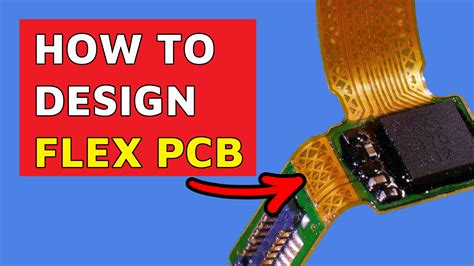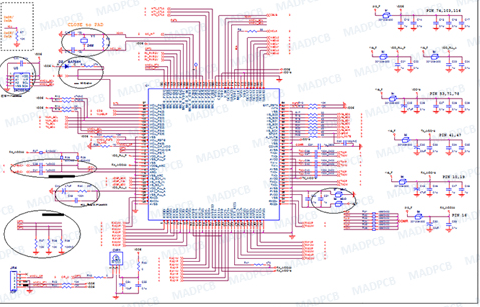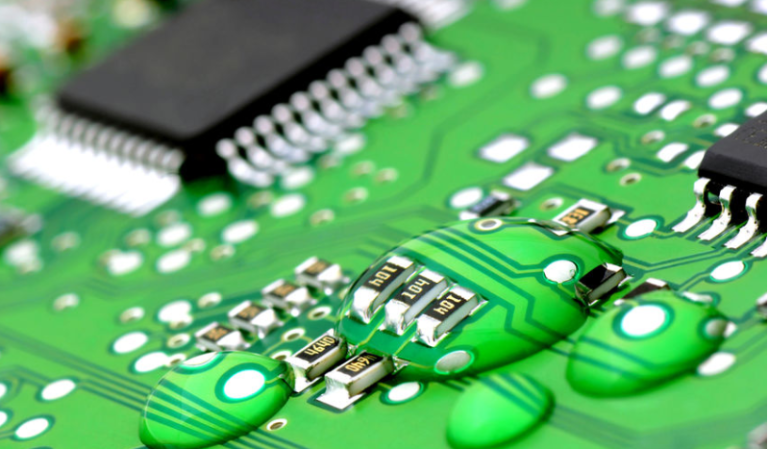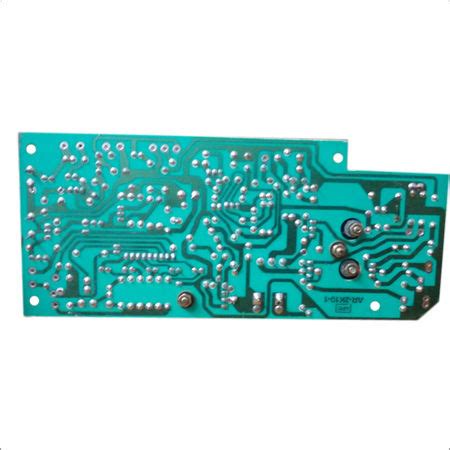All Flex PCB: Mission-Critical Electronics Engineering
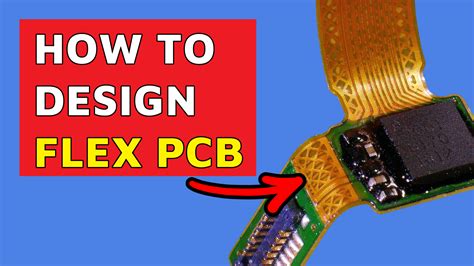
Key Takeaways
When selecting PCB manufacturing companies for mission-critical systems, you need partners that balance precision with responsiveness. With over four decades of expertise, leaders in this space combine ISO/AS certifications with cutting-edge PCB manufacturing processes to deliver reliability in sectors like aerospace and medical technology. For instance, rapid 24-hour turnaround services ensure your prototypes or production batches stay on schedule, even under tight deadlines.
Here’s a quick comparison of traditional vs. advanced PCB manufacturing business practices:
| Factor | Traditional Approach | Advanced Approach |
|---|---|---|
| Lead Time | 5–7 days | 24–48 hours |
| Certification Compliance | Basic ISO | ISO + AS9100/ISO13485 |
| Material Utilization | Standard substrates | High-performance flex materials |
Tip: Always evaluate PCB manufacturing cost against long-term reliability—especially for applications like implantable medical devices or satellite communications, where failure is not an option.
By prioritizing quality-driven engineering, top-tier providers minimize risks in PCB manufacturing while optimizing design flexibility. For example, rigid-flex solutions enable compact, durable assemblies ideal for defense systems or telecom infrastructure. Learn more about certification standards here to ensure your supplier meets stringent industry requirements.
Whether you’re scaling production or refining prototypes, aligning with certified experts ensures your projects meet both technical and regulatory demands without compromising speed.
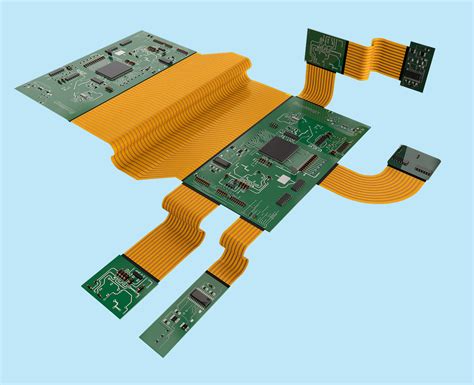
Flex PCBs for Mission-Critical Applications
When designing electronics for aerospace, medical devices, or defense systems, flex PCBs become indispensable due to their ability to endure extreme environments while maintaining signal integrity. Unlike traditional rigid boards, these circuits adapt to confined spaces and dynamic mechanical stresses, making them ideal for life-saving medical implants or guidance systems in satellites. However, achieving this reliability hinges on partnering with pcb manufacturing companies that prioritize precision and compliance with stringent industry standards.
The pcb manufacturing cost for mission-critical applications often reflects the use of advanced materials like polyimide films and specialized adhesives, which ensure thermal stability and radiation resistance. While expenses may rise compared to standard boards, reputable manufacturers streamline processes—such as laser drilling and automated testing—to balance performance with affordability. In the pcb manufacturing business, certifications like ISO 13485 for medical devices or AS9100 for aerospace are non-negotiable, as they validate adherence to traceability and quality control protocols. For projects requiring rapid iteration, select partners offering design-for-manufacturability (DFM) feedback to mitigate risks early, ensuring your flex circuits meet both technical and regulatory demands seamlessly.
40 Years of Flex Circuit Innovation
Over four decades, advancements in PCB manufacturing have redefined how engineers approach mission-critical electronics. When you require circuits that bend, twist, or endure extreme conditions, material science and precision engineering become non-negotiable. Leading PCB manufacturing companies like All Flex PCB have pioneered techniques to reduce PCB manufacturing cost while maintaining aerospace-grade reliability—critical for applications where failure isn’t an option.
The evolution of flexible substrates and multilayer rigid-flex designs has enabled thinner, lighter circuits without compromising performance. For instance, innovations in laser drilling and adhesive-free bonding allow tighter tolerances, directly addressing challenges in medical implants or satellite systems. This progress isn’t accidental; it’s driven by iterative R&D and close collaboration with clients to refine PCB manufacturing business models for faster prototyping and scalability.
Today, achieving thermal stability or high-frequency signal integrity in compact designs relies on decades of accumulated expertise. Whether optimizing PCB manufacturing workflows or integrating IoT-ready components, the focus remains on solving tomorrow’s engineering challenges with solutions grounded in 40 years of proven innovation.
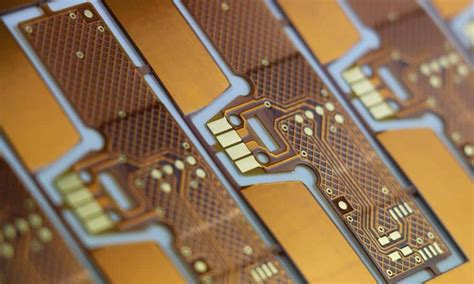
ISO/AS Certified PCB Manufacturing Excellence
When selecting PCB manufacturing companies for mission-critical applications, certifications like ISO 9001 and AS9100D are non-negotiable benchmarks. These standards ensure that every step of the PCB manufacturing process—from material sourcing to final inspection—adheres to rigorous quality controls. For industries like aerospace or medical devices, where reliability can mean the difference between life and death, working with a certified partner guarantees traceability, consistency, and compliance with global regulatory frameworks.
Certification also plays a pivotal role in optimizing PCB manufacturing cost. By streamlining workflows and minimizing waste through standardized protocols, trusted providers deliver precision-engineered circuits without compromising affordability. This balance is critical in high-stakes sectors where even minor defects can escalate into costly recalls or operational failures.
Moreover, ISO/AS certification reflects a PCB manufacturing business’s commitment to continuous improvement. Regular audits and process refinements ensure that technologies stay ahead of evolving industry demands, whether for ultra-thin flexible circuits or complex rigid-flex designs. When you partner with a certified manufacturer, you’re not just buying components—you’re investing in a systematic approach to risk mitigation, scalability, and end-to-end accountability. Combine this with rapid turnaround times (like 24-hour prototyping), and you secure a competitive edge in markets where speed and precision are inseparable.
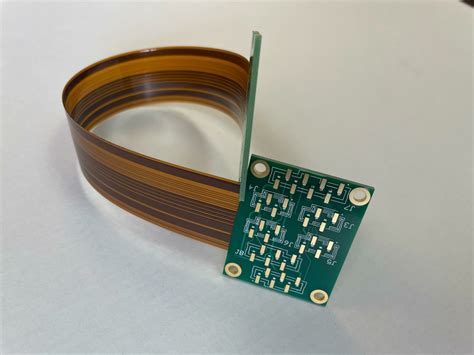
24-Hour Response for Rapid Electronics Development
When developing mission-critical electronics, time-sensitive industries like aerospace or medical devices demand partners who prioritize speed without compromising quality. Leading PCB manufacturing companies recognize that delays in prototyping or production can derail entire projects, which is why a 24-hour response capability becomes essential. This agility ensures you receive design feedback, material updates, or urgent revisions faster than traditional timelines allow.
Balancing PCB manufacturing cost with rapid turnaround requires precision. Advanced manufacturers streamline workflows through automated testing and just-in-time material sourcing, reducing bottlenecks while maintaining compliance with stringent industry standards. For high-reliability sectors, such as defense or telecom, even minor delays in PCB manufacturing can escalate risks, making responsive communication channels and transparent project tracking non-negotiable.
A PCB manufacturing business built for speed doesn’t cut corners—it invests in scalable infrastructure and cross-trained teams to handle urgent requests. Whether you’re iterating a rigid-flex design or scaling production, the ability to accelerate timelines while controlling costs ensures your project stays competitive in fast-moving markets. This approach transforms time constraints into strategic advantages, letting you meet critical deadlines without sacrificing performance.
Medical & Defense Flex Circuit Applications
When designing mission-critical systems for medical devices or defense technologies, the reliability of PCB manufacturing becomes non-negotiable. In medical applications, flexible circuits enable compact, lightweight designs for wearable monitors, implantable sensors, and surgical tools—where precision and biocompatibility are paramount. PCB manufacturing companies specializing in high-reliability solutions ensure these circuits withstand sterilization, moisture, and repeated flexing without performance degradation.
For defense applications, rigid-flex PCBs are engineered to survive extreme conditions—think vibration-resistant communication systems or thermal-stable guidance controls. Here, balancing PCB manufacturing cost with military-grade durability is critical. Advanced materials like polyimide substrates and embedded shielding protect against electromagnetic interference (EMI), while conformal coatings guard against harsh environments.
Whether integrating circuits into portable diagnostic tools or unmanned aerial vehicles (UAVs), the PCB manufacturing business prioritizes traceability and compliance. Medical projects often require ISO 13485 certification, while defense contracts demand adherence to AS9100 standards. By collaborating with specialists who understand these nuances, you ensure your designs meet not only technical specs but also rigorous regulatory frameworks—keeping innovation aligned with safety and performance.

Cutting-Edge Rigid-Flex PCB Manufacturing
When designing mission-critical electronics, the choice of PCB manufacturing companies directly impacts performance and reliability. Advanced rigid-flex PCBs require precision in layering rigid and flexible substrates, enabling complex geometries that traditional boards cannot achieve. Leading PCB manufacturing providers leverage laser-drilled microvias and high-density interconnects (HDIs) to minimize signal loss while maximizing space efficiency—critical for aerospace or medical devices where every millimeter counts.
Balancing PCB manufacturing cost with quality demands expertise in material selection and process optimization. For instance, polyimide films offer superior thermal stability for high-temperature environments, but their integration into hybrid designs requires specialized lamination techniques. Partnering with a PCB manufacturing business that holds ISO/AS certifications ensures adherence to stringent quality controls, reducing risks of delamination or electrical failures.
Modern workflows also prioritize rapid prototyping, allowing engineers to test iterations without delaying production timelines. By automating trace routing and employing real-time monitoring systems, manufacturers achieve tighter tolerances while maintaining scalability. Whether you’re developing compact wearables or rugged defense systems, aligning with a partner skilled in cutting-edge fabrication ensures your rigid-flex PCBs meet both technical and regulatory demands seamlessly.
Quality-Driven Electronics Engineering Solutions
When designing mission-critical electronics, every decision impacts reliability. PCB manufacturing processes must align with stringent quality benchmarks to ensure components withstand extreme environments. Leading PCB manufacturing companies prioritize traceability and precision, embedding quality checks at every stage—from material selection to final testing. Advanced inspection systems, such as automated optical imaging, detect micron-level defects that could compromise performance in medical implants or satellite systems.
Balancing PCB manufacturing cost with uncompromised quality requires expertise. By optimizing panel utilization and leveraging high-yield materials, engineers minimize waste while maintaining compliance with aerospace or defense specifications. For low-volume, high-complexity projects—common in rigid-flex PCB assemblies—collaborating with a PCB manufacturing business that offers scalable solutions ensures both affordability and repeatability.
Your choice of partner matters: look for certifications like ISO 13485 for medical devices or AS9100D for aviation, which validate adherence to industry-leading protocols. Real-time data sharing and failure mode analysis further reinforce quality outcomes, turning potential risks into opportunities for refinement. In mission-driven sectors, quality isn’t an option—it’s the foundation of every circuit’s lifespan.
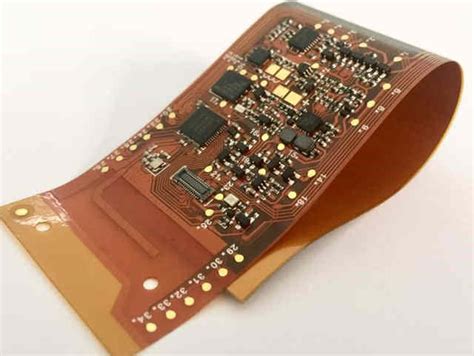
Custom PCB Assemblies for Aerospace & Telecom
When designing mission-critical systems for aerospace or telecommunications, you need PCB manufacturing partners capable of balancing precision with adaptability. High-density interconnects, signal integrity, and thermal management become non-negotiable in environments where extreme temperatures, vibrations, or radiation exposure are routine. PCB manufacturing companies specializing in aerospace-grade assemblies must adhere to stringent standards, such as AS9100 compliance, while telecom applications demand ultra-low latency and high-frequency performance.
Optimizing PCB manufacturing cost without compromising quality requires expertise in material selection and process efficiency. For instance, rigid-flex designs reduce weight and assembly complexity in satellite systems, while embedded components enhance reliability in 5G infrastructure. Leading PCB manufacturing business providers leverage advanced technologies like laser direct imaging and automated optical inspection to ensure traceability and defect-free production. By aligning with certified partners, you gain access to scalable solutions that meet both technical specifications and accelerated timelines—critical for industries where innovation cycles are measured in months, not years.
Conclusion
When navigating the complexities of PCB manufacturing for mission-critical systems, partnering with experienced PCB manufacturing companies ensures precision and reliability. Over four decades of expertise in flexible and rigid-flex circuits have refined processes that balance PCB manufacturing cost with uncompromising quality—critical for industries like aerospace, defense, and medical technology. By prioritizing advanced fabrication techniques and stringent certifications, leaders in the PCB manufacturing business demonstrate how agility and innovation coexist.
For projects demanding rapid iteration, a 24-hour response capability minimizes downtime, while custom-engineered solutions adapt to evolving technical requirements. Whether optimizing for durability in extreme environments or miniaturization for portable devices, the right manufacturing partner aligns engineering rigor with your strategic goals. This synergy not only accelerates development cycles but also future-proofs mission-critical electronics against emerging challenges.
Ultimately, success hinges on selecting a collaborator whose quality-driven ethos and technical mastery mirror the high-stakes nature of your applications. In an era where electronics define operational integrity, trust in proven expertise becomes non-negotiable.
Frequently Asked Questions
What makes mission-critical applications require specialized PCB manufacturing?
In high-stakes industries like aerospace and medical devices, reliability and precision are non-negotiable. PCB manufacturing companies must adhere to stringent certifications (e.g., ISO/AS) to ensure circuits withstand extreme conditions, from temperature fluctuations to mechanical stress.
How do PCB manufacturing costs vary for rigid-flex designs?
Costs depend on design complexity, material selection, and testing requirements. While advanced substrates and multi-layer configurations increase PCB manufacturing cost, they reduce long-term risks in mission-critical systems by enhancing durability and performance.
Why partner with PCB manufacturing businesses offering 24-hour response?
Rapid prototyping and iterative design are vital for defense or telecom projects. A responsive PCB manufacturing business accelerates development cycles, ensuring you meet tight deadlines without compromising quality-driven engineering standards.
Can PCB manufacturing processes be customized for aerospace needs?
Yes. Leading providers tailor stack-up designs and signal integrity protocols to handle vibration, radiation, and weight constraints. Custom PCB manufacturing ensures compliance with aerospace-grade specifications while optimizing space and functionality.
Ready to Elevate Your Project?
For high-reliability solutions tailored to your industry’s demands, explore our specialized PCB services. Click here to connect with experts who prioritize precision and speed.

